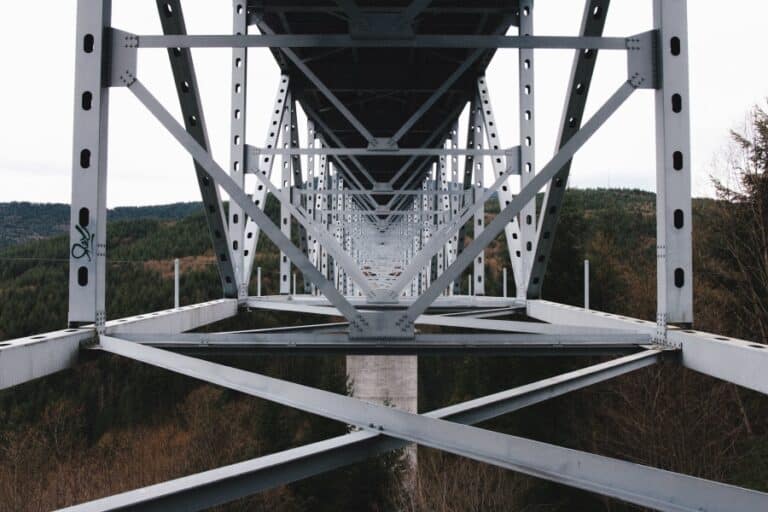
What Happened?
The original plan: Tel Aviv municipality and the Ayalon Highway Company plan to build a new pedestrian and cycling bridge.
The Yehudit Bridge will cross the Ayalon Highway in Tel Aviv, one of the country’s most congested freeways, and connect the eastern and western parts of the city. The bridge is expected to reduce traffic and encourage residents of nearby cities to walk or bike into central Tel Aviv.
Ayalon Highway Co. planned to shut the highway in one direction for 24 hours, from 6pm Friday until 6pm Saturday, for six consecutive weekends, beginning August 31st. On the one hand, this posed a problem to many, as it was on Shabbat. On the other, the company chose to do the construction on the weekends, when the traffic is lighter and would not interrupt daily commuters.
On August 22nd, Transportation Minister Yisrael Katz ordered these plans to come to a halt. Katz stated that “the method chosen for the construction of the bridge seems problematic and may cause severe and disproportionate damage to the general public during the weekend.” Katz called for Ayalon Highway Co. to submit an alternate work plan.
Plans are now awaiting discussion in the Knesset (Israel’s parliament), which will convene for a special meeting on the matter despite being on summer recess. Tel Aviv Mayor Ron Huldai said it most starkly, saying a decision not to build on Shabbat would be “shameful” and turn this democratic country into a “theocracy.”
Diversity of Perspectives Within Israel
Members of Haredi parties were appalled by the possibility of intense construction on Shabbat, the Jewish day of rest, as it would violate the sanctity of the day, which prohibits building, among other activities.
Yaakov Litzman, Deputy Health Minister and head of ultra-Orthodox political party Agudat Yisrael, stated, “This is a mass Shabbat desecration that constitutes a serious violation of the status quo, severely damaging the tradition of Israel and the feelings of the majority of the Israeli public, haredi, religious, and traditional alike, who see the Sabbath as the national day of rest. This act requires a public protest, as throughout the generations the Jewish People have known to observe the Sabbath day as a sign between God and Israel.”
On the other hand, secular politicians accused Yisrael Katz of issuing the construction freeze after facing pressure from Haredi politicians (whose support, some argue, Katz will need in order to become Prime Minister after Netanyahu).
Left-wing political party Meretz chairwoman Tamar Zandberg declared, “In a liberal democratic country in 2018, infrastructure works should be done according to needs and in the manner that causes the least inconvenience, not based on the unenlightened whims of politicians who serve their rabbis rather than the public.”
Yair Lapid, leader of the centrist party Yesh Atid, expressed serious frustration with any decision to freeze building on Shabbat, saying that Netanyahu will be the real loser here, sardonically saying, “the ultra-Orthodox, the real leaders of this government, instructed Netanyahu to freeze the works. Netanyahu, of course, complied and it is we who will sit stuck in traffic.”
Why Does This Matter?
- Israel as democracy and Jewish State: One of Israel’s core issues since its founding has been whether Israel can be both a democratic and Jewish state. While some view construction on the Sabbath a desecration of Jewish law in the Jewish State, others see freezing the project as a sign of theocracy.
- Relationship between religious and secular people: In Israel, there is ongoing tension between the religious and secular populations. This construction controversy is yet another divisive point that highlights the groups’ competing interests.
- Transportation concerns: These debates will delay the construction of the bridge, which will impact commuters and residents.
Originally Published Aug 30, 2018 05:07PM EDT
